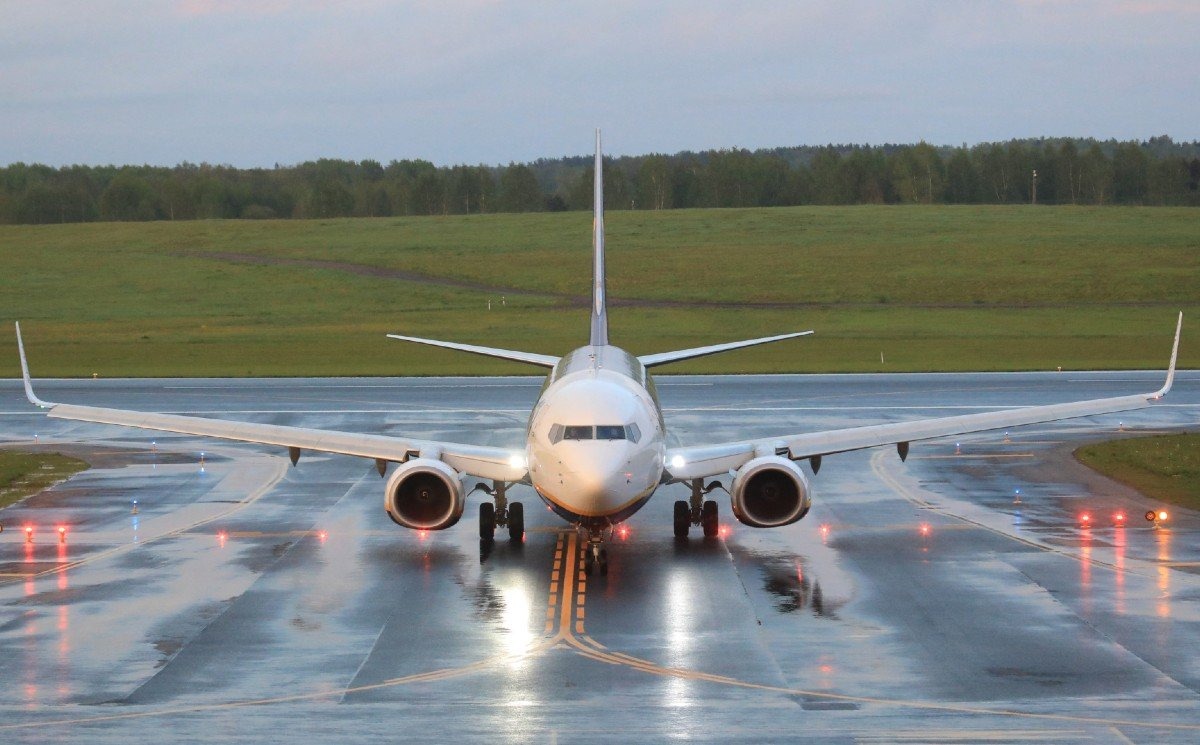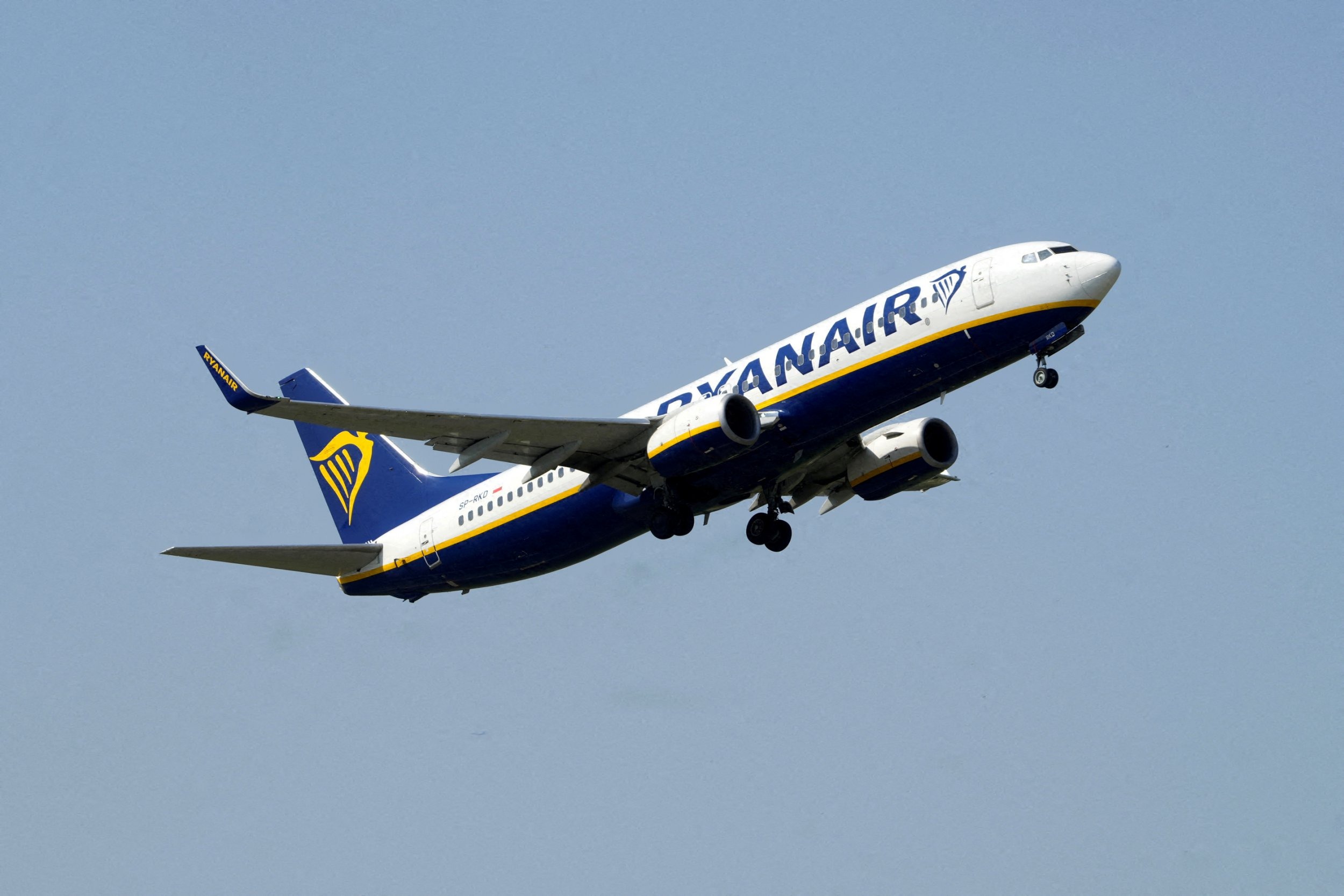Experts warn that Russia is causing disruptions to satellite navigation systems, affecting thousands of civilian flights. The Baltic Sea, Black Sea, and eastern Mediterranean regions, where Russia’s military has been most active, have seen a surge in Global Positioning System (GPS) disruptions. This has left aircraft unable to receive GPS signals, causing concerns for air travel safety.
In March, a Royal Air Force plane carrying UK Defence Secretary Grant Shapps had its GPS signal jammed while flying near Russian territory. Finnair, Finland’s flag carrier, suspended daily flights to Estonia’s second-largest city, Tartu, for a month due to persistent GPS interference. Unlike larger airports with alternative navigation systems, Tartu Airport relies solely on GPS.

Finnair’s vice president for flight operations, Juho Sinkkonen, reported that their aircraft encounter GPS interference daily, with over 100 monthly reports. While Sinkkonen downplayed the risks, citing alternative navigation systems, experts like Cyrille Rosay from the European Union Aviation Safety Agency (EASA) warn that the problem is worsening, with “several thousand incidents” yearly.
Estonia’s Foreign Minister Margus Tsahkna blamed Russia for the interference, citing proof that it originates from Russian cities like St Petersburg, Kaliningrad, and Pskov. Online investigators agree, identifying likely GPS jammer locations near these cities. Tsahkna condemned Russia’s actions as a violation of international agreements, putting civilian airplanes and people in danger.

Russia’s Ministry of Defence has been contacted for comment. Still, reports of GPS interference affecting maritime traffic in the Baltic Sea and “spoofing” incidents, where legitimate signals are replaced with fake ones, have also raised concerns. Experts like Keir Giles believe Russia is meddling with GPS for both offensive and defensive reasons, testing its capabilities while protecting itself from potential missile and drone attacks.
While aircraft have backup systems, GPS interference still poses risks, as society relies heavily on precise GPS signals. Dana Goward, president of the Resilient Navigation and Timing Foundation, warns that meddling with signals can decrease safety and efficiency in the aviation system, potentially causing harm if not addressed.


